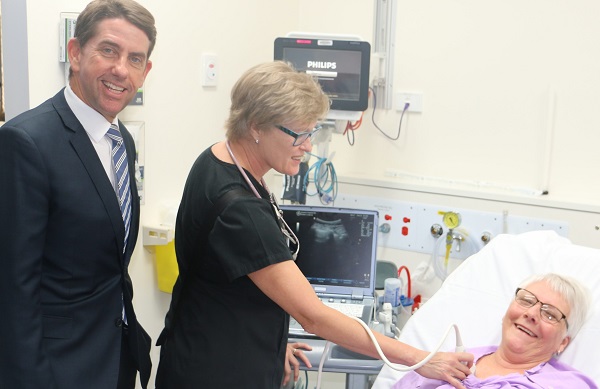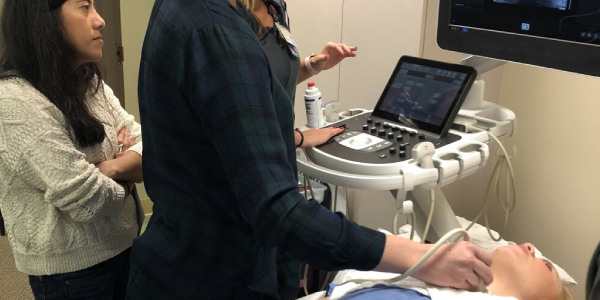Understanding POCUS
Point-of-care ultrasound (POCUS) is a form of ultrasound performed at the patient’s bedside for diagnostic or therapeutic purposes. It is a portable imaging device that improves patient care and reduces costs. POCUS can significantly improve the quality of healthcare and improve patient outcomes. With POCUS, patients receive better care, and procedure-related problems are becoming less common.
Point-of-care ultrasound has the potential to save the rising ultrasound scan cost in Chennai (https://www.andersondiagnostics.com/ultrasound/) by improving patient throughput. Point-of-care ultrasound is becoming more popular, thanks to breakthrough ultrasound teaching solutions. Find out more.
Amazing Benefits Of POCUS In Geriatrics
Point-of-care ultrasound is being investigated in geriatric medicine, and it is shown to improve clinical outcomes for older people. Doctors use ultrasound imaging to investigate the anatomy and biophysical characteristics rather than the general management of patient care.
Researchers looked at the use of ultrasound technology in the elderly care setting. The POCUS was used to diagnose pleural sealing pulmonary symptoms or infection, urinary tract obstructions, gallstones. And aortic aneurysms in a geriatric setting. Point-of-care devices and ultrasound training assist clinicians in general medicine and aged medicine settings to improve geriatric care and enable elderly patients to live healthier and longer lives.
Benefits Of POCUS?

POCUS is a noninvasive diagnostic procedure that healthcare workers can use to determine the health status of patients in both emergency and stable settings.
Point-of-care ultrasonography can evaluate impaired patients who are too sick to be transferred, thereby reducing the risk of increased healthcare worker exposure. This allows healthcare workers to concentrate on a single task and can be administered in a matter of minutes. Point-of-care ultrasound is becoming increasingly popular and has a wide range of applications.
Point-of-care ultrasound can be used to evaluate impaired patients who are too sick to be transferred to the nearest CT scan center or hospital. The use of POCUS enables hospitals and clinics to supplement bulky stationary modalities with a low-cost, high-quality alternative to reduce in-hospital patient transportation and storage costs and improve patient care in hospitals.
Healthcare practitioners who use point-of-care ultrasonography for clinical operations have grown more empowered and accurate. Portable ultrasound equipment is extremely effective during disaster relief efforts and can be used to provide information to healthcare practitioners. The POCUS25 initiative was developed to promote ultrasound point-of-care standards among all healthcare practitioners worldwide.
Wrapping up:
POCUS’s information allows healthcare practitioners to have a clear picture of field triage and patient care situations. Healthcare practitioners who use point-of-care ultrasonography in their clinical operations have grown more accurate and empowered.

